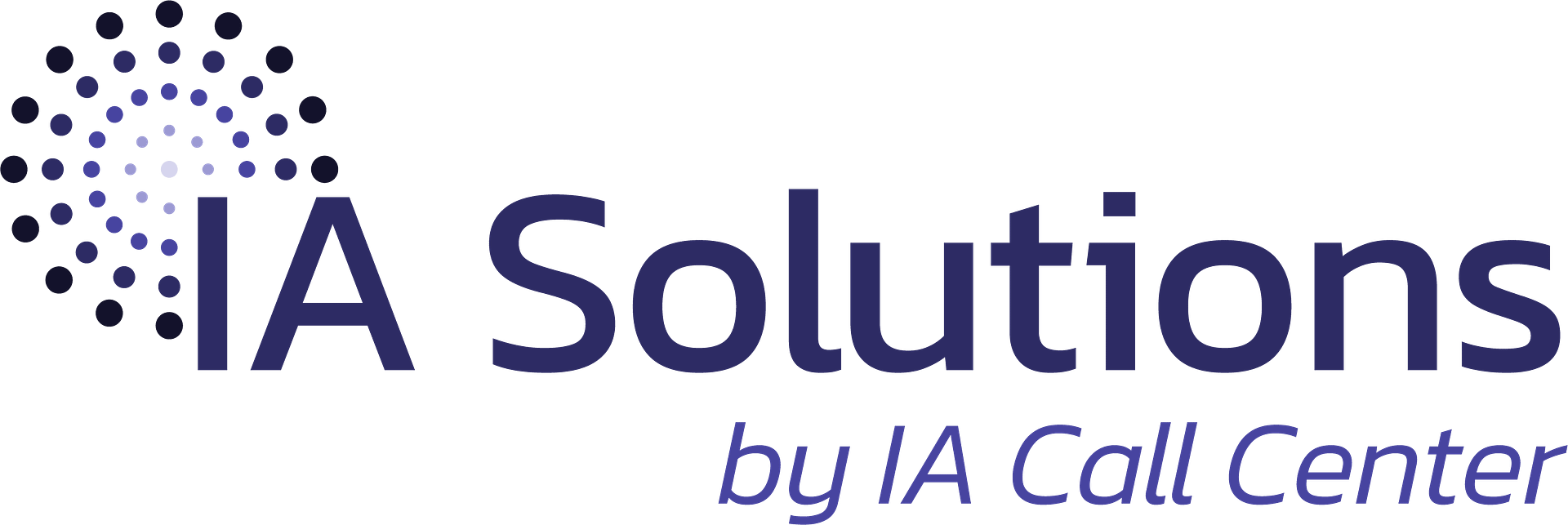It’s one of the oldest operations decisions in the world for companies, keep it in-house or outsource? It applies to countless aspects of day-to-day company operations, but the decision becomes particularly important for service and product-based companies when debating on the best setup for their call center. For an in-house call center, companies have to consider expenses like human capital, i.e. the cost of employing representatives to representative positions, the expensive of hardware and software solutions, and the cost of employee training.
According to a CNN business insider expert Jose Pagliery, the “real cost” of an employee after taxes, insurance, and benefits, can be between 18% and 26% higher than their actual base salary. This doesn’t always sound like a substantial investment, until you’re talking about multiplying it by anywhere from 10 to 50 call center employees between customer service, tech support, sales support, and product support.
Challenges of Having an In-House Call Center
Managing Service Across Multiple Channels
In the age of tech, having a simple call center that offers only audio phone calls just doesn’t cut it anymore. Product and service based companies all over the world are turning to operating multiple channels of communication with clients included phone support, text messaging, live chat, and email. This means that in an in-house call center, companies have to hire enough employees to make sure all of these service channels are being adequately covered. If they aren’t, companies face the risk of losing a substantial number of customers, both current and potential, due to poor service. 70% of polled consumers have reported that they would be likely to take their business elsewhere due to a poor customer satisfaction experience.
Ensuring Hardware and Software is Up to Date
Technology is advancing every day, and the software and hardware solutions that power call centers is no different. Having an in-house call center means that your company is responsible for keeping necessary software up-to-date, particularly now that many workforces have had to go remote. Cloud solutions providing calling, chat, and mass email capabilities can be expensive and time-consuming, and often can require the attention of several additional experienced IT employees just to ensure that they are running appropriately. In-house software programs can require extensive setup and significant on-boarding training for call center employees.
How Outsourcing Can Help
By outsourcing call center operations, companies can alleviate headaches like budgeting how many employees they can afford to hire, having to limit the hours of their call center operations based on employee availability, determining what they can afford in software and hardware solutions, and investing time and money into continued training for full-time employees.
Cost Savings
In an in-house call center format, companies are paying representatives either an hourly wage or a yearly salary based on their contract. These wages are generally based on a structured day that consists of a designated amount of hours, and those employees are paid their contracted wage regardless if they are actively helping customers during the entirety of their day or not. With outsourcing, companies are paying representatives based on the number of hours they spend actively helping customers and providing services. This can mean cost savings of 15%- 20% right off the bat.
Flexibility
Outsourcing your call center can open your company up to the ability to offer customer service, tech, product, and multichannel support 24 hours a day, seven days per week. This can be a huge incentive for customers to opt to use your company’s service or product over a competitor who may only offer support during standard hours.
Scalability
In today’s workforce landscape, in order to set themselves up for success, companies need to be poised and ready to scale their operations at any given time. Whether it be a new product or service launch, an acquisition or merger, or numerous other circumstances, having your call center out-sourced alleviates the “guessing game” of having to decide how many new employees to hire to accommodate a potential influx of support needs or having to update software and hardware capabilities to ensure that they are capable of handling a new level of demand. In addition, a strong outsourcing solution will always be using the most up-to-date technology solutions to ensure that your customers are receiving an unparalleled level of service across all channels of communication.
If you’re establishing a call center and aren’t sure which direction to go, or if you’re considering outsourcing your existing call center, reach out to us today at IA Caller. We’re here to discuss your company’s needs, and show you what IA Caller can do for your company. The future of support is here.















